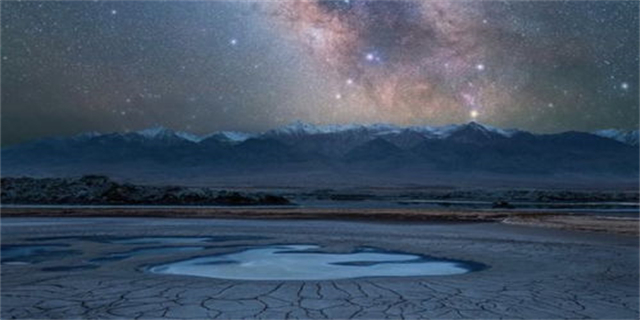pluto冥王(Pluto The Enigmatic Ruler of the Underworld)

Pluto: The Enigmatic Ruler of the Underworld
The Mysterious Origins of Pluto
Pluto, the Roman god of the Underworld, has intrigued astronomers and enthusiasts alike since its discovery in 1930. Named after the god of the Afterlife, there is no doubt about the mysterious and enigmatic nature of this dwarf planet. Being the ninth-largest and tenth-most-massive known object directly orbiting the Sun in our solar system, Pluto has sparked numerous debates and controversies during its journey through the scientific community.
Pluto's Complex and Ever-Changing Composition

At first glance, Pluto may seem like an insignificant icy rock floating on the outskirts of our solar system. However, over the years, as we have learned more about this enigmatic world, it has become evident that Pluto's composition is far more complex and dynamic than previously thought. Initially classified as the ninth planet of our solar system, Pluto was later reclassified as a dwarf planet due to its size and eccentric orbit.
The Unexplored Mysteries of Pluto

Pluto continues to captivate scientists as many questions regarding its formation, geological activity, and atmosphere remain unanswered. One of the most intriguing aspects of Pluto's nature is its diverse surface features, including mountains, craters, and vast plains of frozen nitrogen. The presence of these features raises questions about the forces that shaped and continue to reshape Pluto over time.
The existence of a tenuous atmosphere surrounding Pluto adds another layer of complexity to its enigmatic nature. Researchers have discovered that Pluto's atmosphere is primarily composed of nitrogen, with traces of methane and carbon monoxide. However, the process behind the continual renewal of this atmosphere remains a mystery, as Pluto's distance from the Sun should cause it to dissipate over time.

Furthermore, Pluto's five moons - Charon, Styx, Nix, Kerberos, and Hydra - present yet another enigma. The origins of these moons and their relationship with Pluto are still under investigation. Some theories suggest that they may be remnants of a collision between Pluto and another celestial body, while others propose that they formed from the debris left behind during the planet's formation.
In conclusion, while significant progress has been made in understanding Pluto, much of this enigmatic world remains a mystery. The complex composition, diverse surface features, and unexplained phenomena continue to fuel scientific curiosity and inspire further exploration. Only by continuing to study and observe Pluto can we hope to unravel the secrets that this mysterious dwarf planet holds, shedding light on the complex dynamics of our ever-fascinating solar system.











